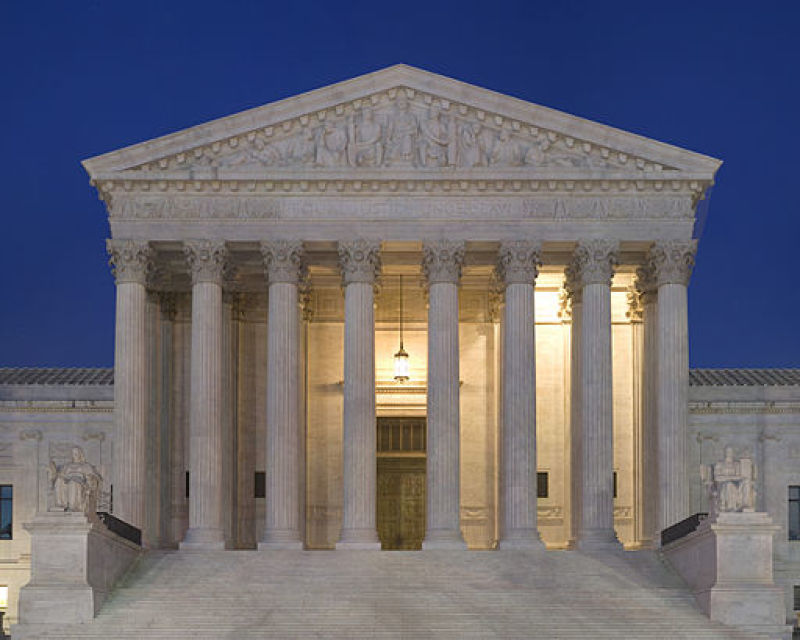
The Supreme Court confronted the issue of whether to get rid of race-based admissions at the University of Texas at Austin for the second time on Wednesday.
Affirmative action refers to policies in which minorities who have been historically subject to discrimination are given certain preferences to increase representation in a university's student population.
In the past, the court has permitted race to be taken into consideration in the college admissions process. Colleges in most states can consider race as one of several factors in admitting a student.
The University of Texas-Austin has a unique admissions procedure called the Ten Percent Plan, enacted in 1997 by the Texas State legislature. Under this policy, students ranked in the top ten percent of his or her high school is guaranteed admission at the university, ensuring a small but significant minority enrollment. This policy accounts for 75 percent admissions. A supplemental program accounts for the remaining 25 percent, in which students are admitted under a "holistic review," of which race is one of the factors.
This supplemental program has been targeted in a lawsuit by Abigail Fisher, a white applicant who was rejected by the university in 2008 who claims that she was rejected because of her race. She contends that the supplemental program is unconstitutional, violating the Equal Protection Clause.
In 2013, the justices sent the case back to a lower court to examine the case under more scrutiny. The lower court sided with the university, which claimed that Fisher's grades and standardized test scores were too low to be admitted under any circumstance, and Fisher appealed their decision.
On Wednesday, the justices appeared to be split ideologically.
Conservative justices questioned the use of racial factors in the admission process and whether it is necessary to add diversity to the classroom.
Chief Justice John G. Roberts Jr., one of the court's conservatives, voiced his skepticism asking, "What unique perspective does a minority student bring to a physics class?"
Conservative Justice Antonin Scalia suggested that affirmative action might not always benefit black student.
"There are some who contend it does not benefit African Americans to get them into the University of Texas, where they do not do well, as opposed to having them go to a less advanced school, a slower-track school, where they do well," he said.
Liberal justices, on the other hand, support affirmative action.
If the justices rule in Fisher's favor, it could potentially affect the future of affirmative action, expressed Greg Garre, the lawyer for the university, according to Reuters.
The Supreme Court's decision on the case is expected to released by June.



















